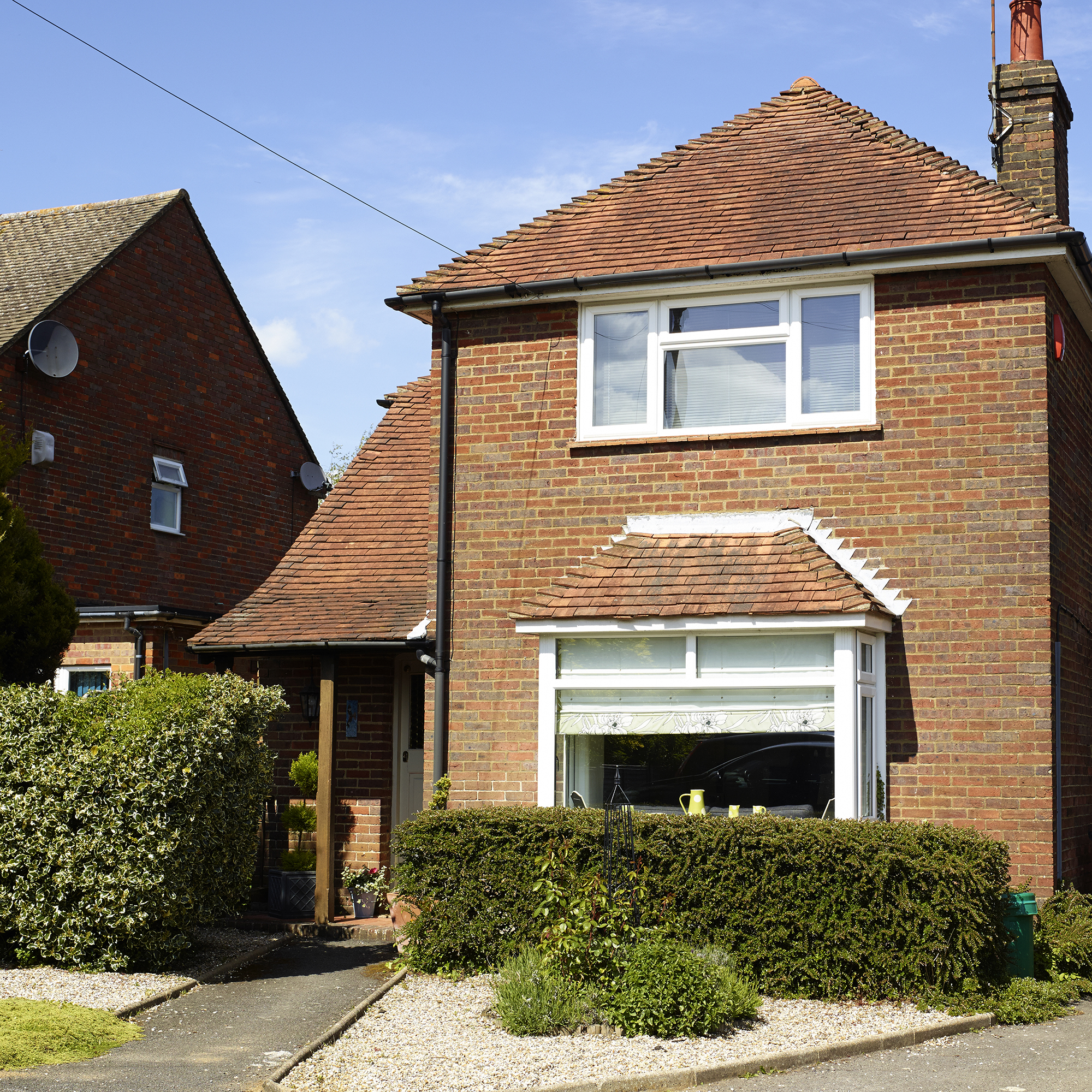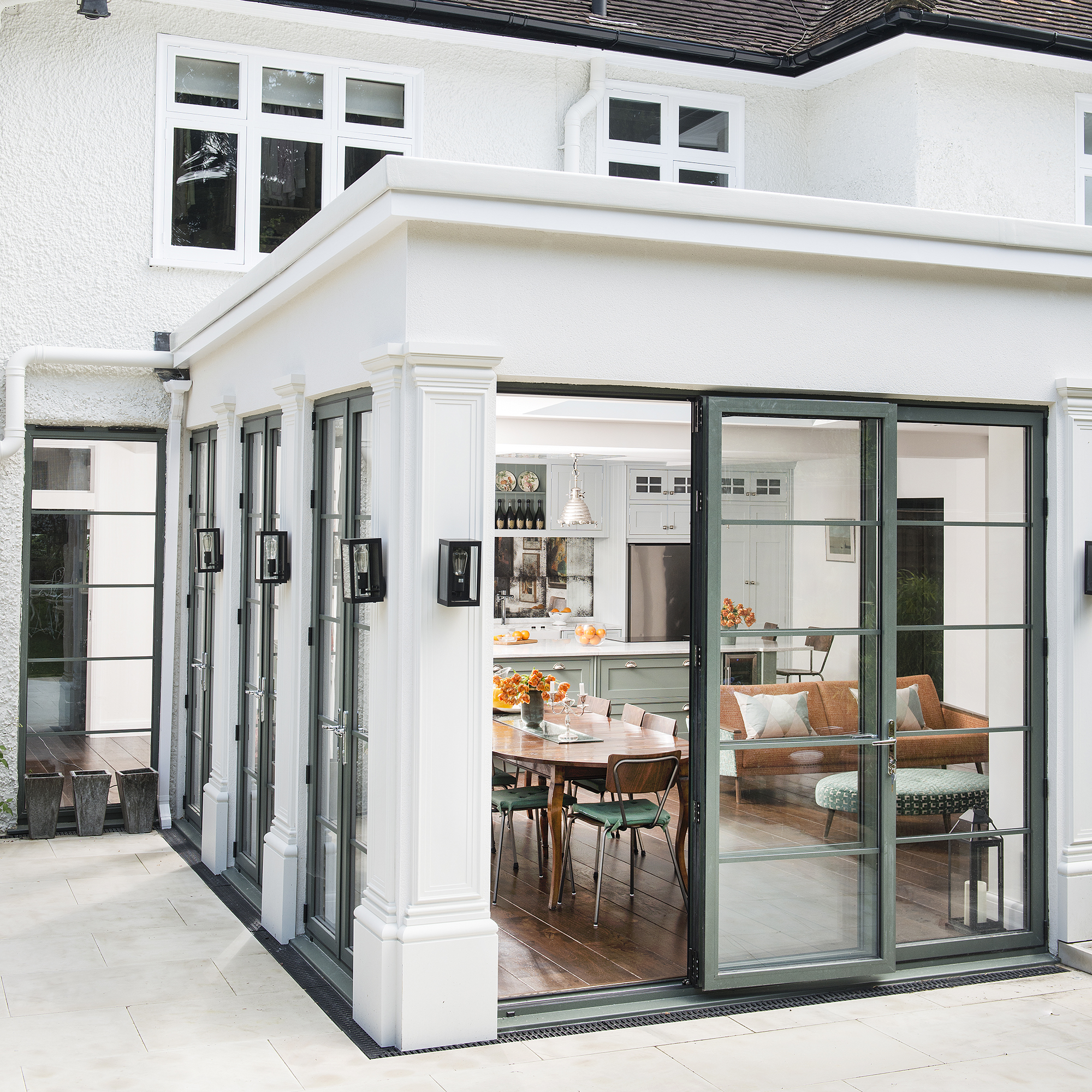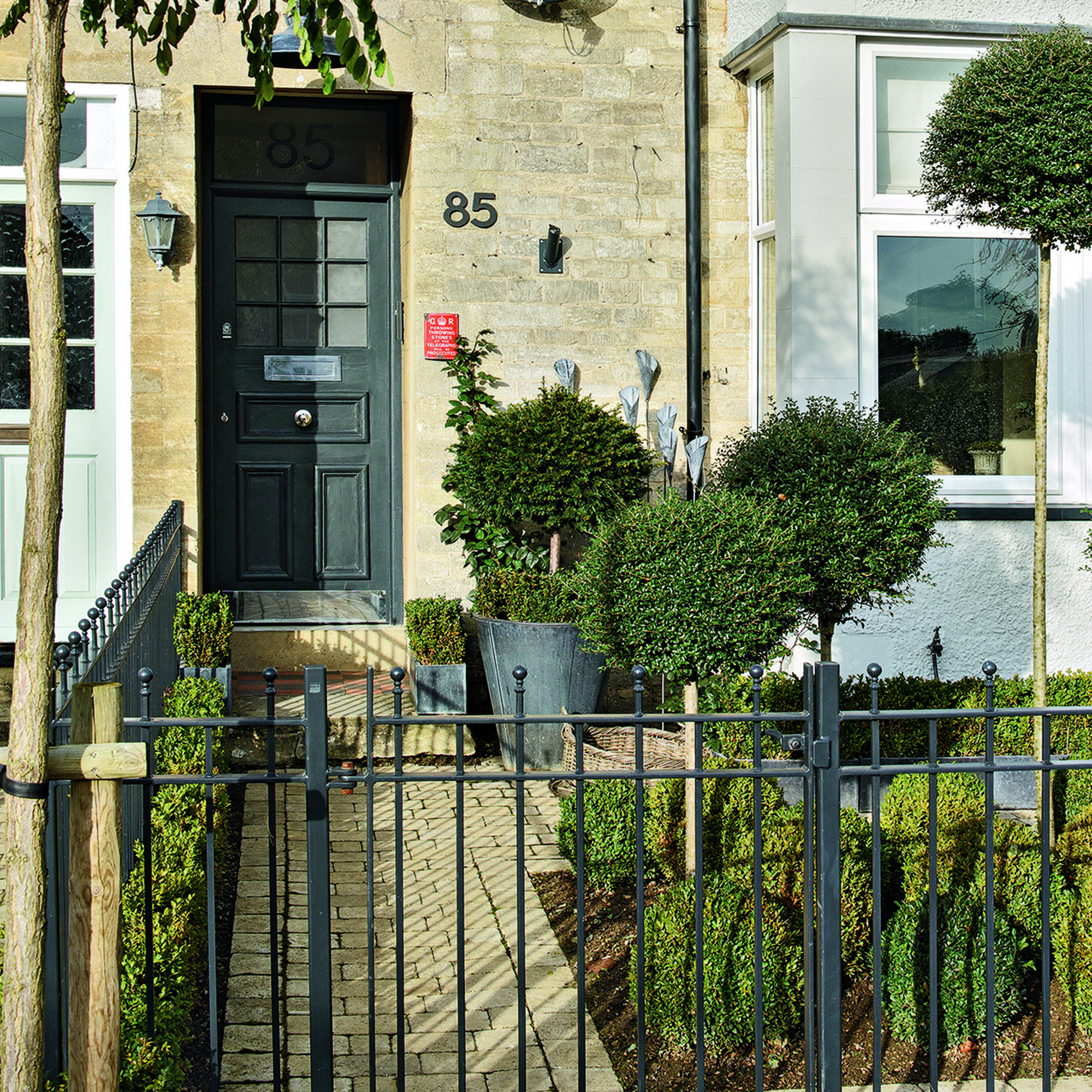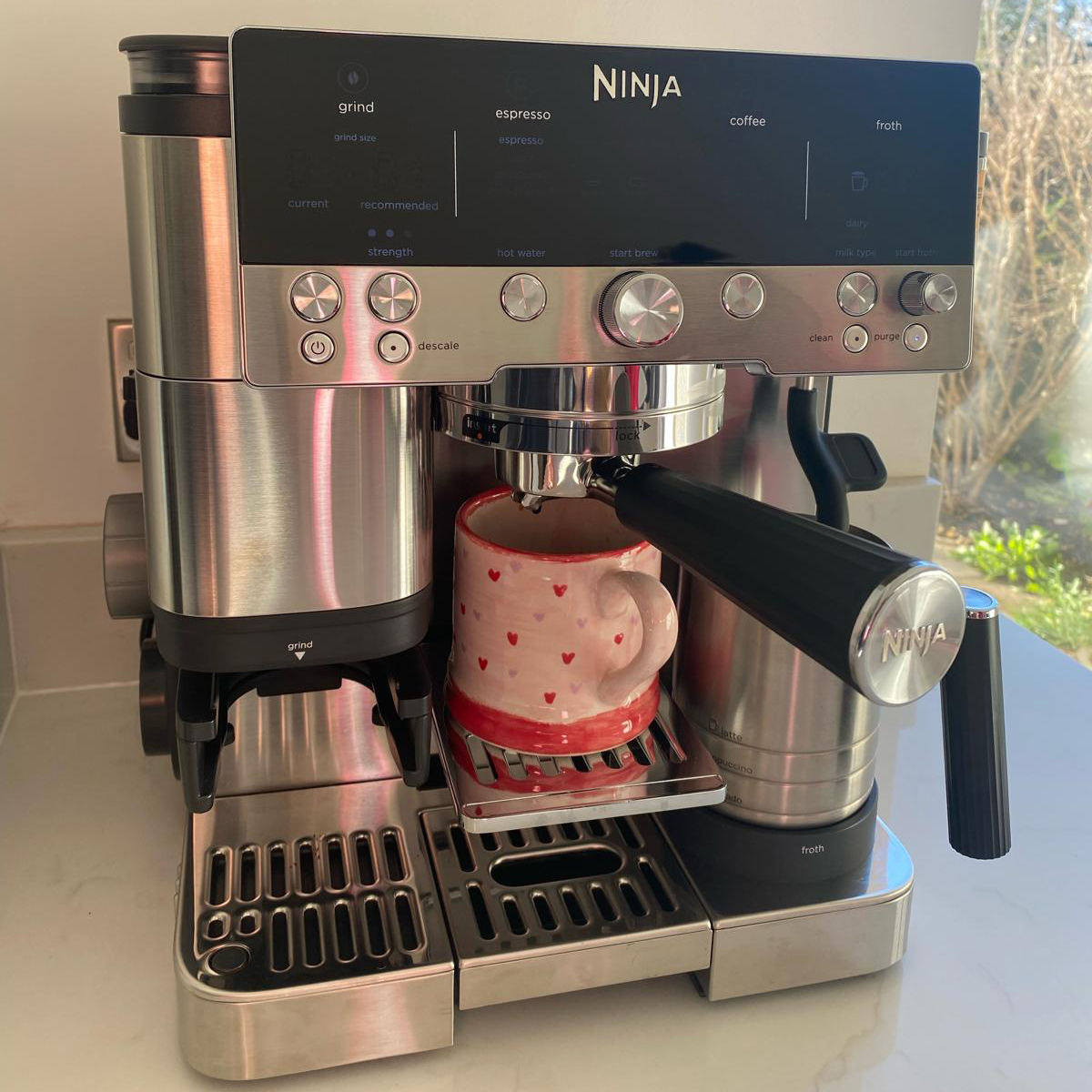What is my house worth? An expert guide to accurately valuing your home
If you’ve been wondering what is your house is worth, here’s how you can find out
Whether you’re buying a house or selling your own, thinking of remortgaging or just curious, here’s how to judge what your house is worth.
For most people, their home is by far their most valuable asset. With household budgets under greater stress than ever, this is an excellent time to take stock of the cash tied up in your bricks and mortar.
Why do I need to know what my house is worth?

Most obviously, if you’re thinking of selling your house, you need to decide on an asking price. And if you want to buy, you need to understand what your budget will be.
But valuations are not useful only if you’re moving home. You may want to remortgage, in which case the bank will need to know your home’s value. A valuation can also tell you whether money spent on home improvements such as a kitchen extension or loft conversion would be recouped in a later sale.
How do I find out what my house is worth?
Here are some guidelines for getting an accurate house valuation.
Research recent sales and current asking prices in your area

Online agencies such as Zoopla and Rightmove provide instant listings of similar properties. Using their form, submit your post code, your number of bedrooms, type of property (house or apartment) and price bracket to see what’s on the market.
The listings will show how long a property has been on sale and whether its price has been discounted. Look at the interior photography and floorplan to see how similar your property is to theirs.
Get the Ideal Home Newsletter
Sign up to our newsletter for style and decor inspiration, house makeovers, project advice and more.
The UK House Price Index from The Land Registry also carries recent selling prices.
Invite at least three agents to view your property
There is now a sharp divide between online agencies such as Purplebricks and Yopa, which charge flat fees of as little as £999 to sell properties, and traditional high street agencies such as Foxtons or Savills, which charge a percentage of the eventual sales price. Each group offers distinct advantages to a home seller, so invite at least one from each side.
After showing them around, ask them to give you two quotes: the highest price that your property could be sold for, and the price that would attract the most attention from buyers. Then ask them about the merits of each. Pitching high is a sign of confidence; it may attract buyers who want a high-spec, modernised home they can move straight into, without having to refurbish.
'We see a lot of ‘mortgage rich’ buyers,' says Tom Cottrell of online agency Yopa. 'Their banks will lend them enough to buy an expensive property, but they don’t have the cash to do it up.' But aim too high and you may get no offers at all.
Pitch low and you could prompt a bidding war, leading to a sale above your original estimate. On the other hand, it could dissuade buyers who suspect there is a problem with the property.
Calculate what your home’s features add to the valuation

Compare your property to others locally and spot the differences. If a home has three bedrooms and is selling for £600,000, perhaps your four-bedroom home will sell for £800,000. A large garden (say 50 feet plus) can add 10 per cent to the selling price.
Positives include recently-installed, energy-efficient heating systems, wooden flooring, original features such as fireplaces in older properties, high ceilings, new windows, generous storage, suitable space for an office, and a utility area.
In combination, if you have several of these advantages compared with local sellers, you could value your property at a premium. To attract the highest offers, it’s all about the pictures, says Alekos Kleanthous of online estate agency Purplebricks. 'Get a photographer round on a bright day, to show the home in the best light. Make every room clean and tidy – take out any clutter,' he advises.

In addition, consider kerb appeal. Make sure the exterior of your home is appealing: get rid of any litter or weeds.
How accurate are property valuations?
Some estate agents will give you a high valuation in the hope of attracting your business, knowing that in all likelihood the sale price will be lower.
They also put in high estimates as a bargaining tactic, giving buyers the impression that they’re getting a good deal when they reduce the price.
Others will provide a lower valuation, hoping for a quick sale and with less hassle. This is why you should get multiple valuations and decide which is best for you.
Do you have to pay for a property valuation?
No, estate agents provide valuations free of charge. You may want to hire a chartered surveyor to give you a more detailed report on your property, and you’ll pay a fee for this.
One final thought: It’s tempting to aim for the stars when putting a value on your property. Realistically, your life will be simpler and less stressful if you can conclude a relatively quick sale. You could also save money on fees and interest payments, especially if you’re buying somewhere else. The agent is probably already in touch with suitable buyers, so they know what people will pay. Listen to them.
-
 My go-to Ninja coffee machine is on sale for Easter weekend
My go-to Ninja coffee machine is on sale for Easter weekendIt makes coffee shop quality achievable at home
By Molly Cleary
-
 When to plant out annual flowering plants for vibrant, colourful garden borders – and give them the best start, according to experts
When to plant out annual flowering plants for vibrant, colourful garden borders – and give them the best start, according to expertsNot sure when to plant out annual flowering plants? We've got you covered...
By Kayleigh Dray
-
 I'm a kitchen decor editor and didn't like this tableware trend - until I saw H&M Home's designer-look plates
I'm a kitchen decor editor and didn't like this tableware trend - until I saw H&M Home's designer-look platesThey made it easy to justify a new crockery set
By Holly Cockburn
-
 You can claim back over £300 a year from HMRC if you work from home - here’s how to check if you’re eligible
You can claim back over £300 a year from HMRC if you work from home - here’s how to check if you’re eligibleWhen it comes to saving, every little helps
By Kezia Reynolds
-
 Experts have revealed the best day to renew your home insurance policy - you’ll want to do it sooner rather than later
Experts have revealed the best day to renew your home insurance policy - you’ll want to do it sooner rather than laterDon't leave this task at the bottom of your to do list
By Kezia Reynolds
-
 Is a variable rate mortgage ever a good idea? Experts weigh in
Is a variable rate mortgage ever a good idea? Experts weigh inOur money expert explains what a variable rate mortgage is, who they can be good for, and the pros and cons of this kind of mortgage
By Samantha Partington
-
 I’m a first-time buyer, what are my chances of getting a mortgage right now?
I’m a first-time buyer, what are my chances of getting a mortgage right now?And what you can do to increase your odds
By Rachel Wait
-
 Should you ever pay above the asking price for a home?
Should you ever pay above the asking price for a home?Our money expert explains whether you should ever pay over the asking price for a home, especially if house prices fall as predicted
By Samantha Partington
-
 Should I fix my mortgage and how long should I fix for?
Should I fix my mortgage and how long should I fix for?We speak to the experts to find out whether you should fix your mortgage and how long for as well as the impact further interest changes could have on your decision
By Samantha Partington
-
 We put your mortgage questions to two leading experts, here's what they said
We put your mortgage questions to two leading experts, here's what they saidAs mortgage panic continues, we've answered the most common questions - from when mortgage rates will come down, to when you actually have to pay stamp duty
By Samantha Partington
-
 'My mortgage is set to skyrocket - what should I do?' 5 potential solutions from a money expert
'My mortgage is set to skyrocket - what should I do?' 5 potential solutions from a money expertIf you're facing higher mortgage costs, our money expert explains various courses of action you could take to ease the pressure
By Samantha Partington